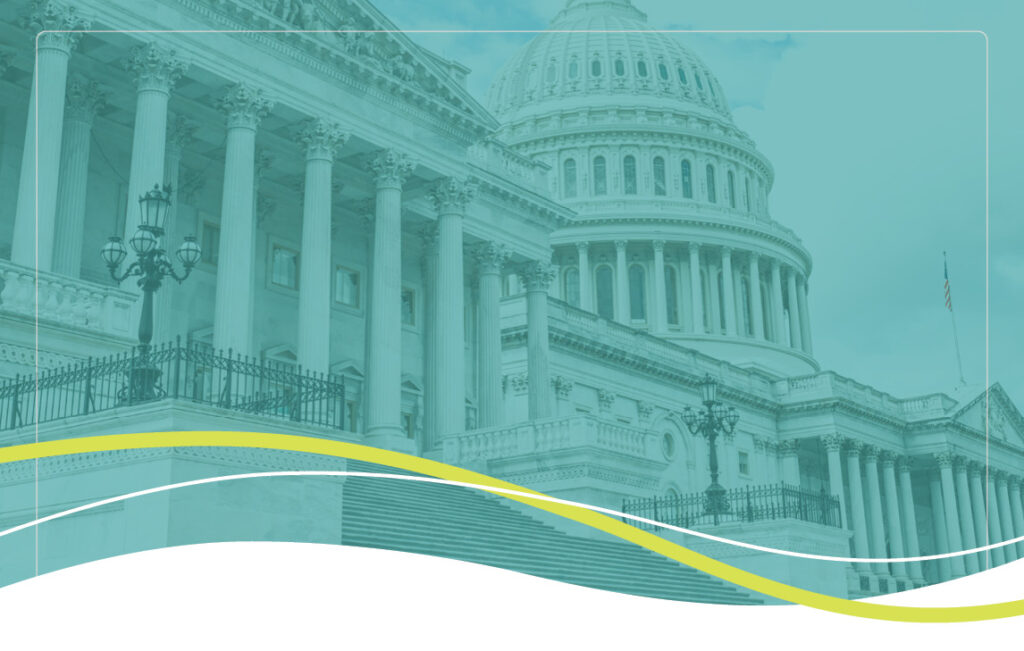Why Managed Care Monitoring and Oversight is Essential for Medicaid Managed Care

As healthcare systems evolve to serve populations with complex health needs, managed care programs have become a cornerstone of Medicaid delivery in most states. CMS continues to emphasize the need for strong monitoring and oversight of managed care programs. This will help improve quality and access for Medicaid beneficiaries.
With CMS’ new Medicaid Managed Care Final Rule and Ensuring Access to Medicaid Services Final Rule, the expectations for effective oversight are higher than ever. States and managed care organizations (MCOs) must bolster their monitoring systems to comply with rising standards.
Regulation may drive the need for managed care monitoring and oversight but a sophisticated structure that enables states to understand program performance and identify gaps is a necessary tool to ensure Medicaid beneficiaries receive the quality healthcare they deserve.
Effective monitoring and oversight can help:
-
- Improve Quality of Care and Health Outcomes
High-quality monitoring enables states to collect and analyze data. By doing so, states can see their progress toward reaching specific program goals and objectives. This involves evaluating services for effectiveness, timeliness, and access to services.Monitoring also helps to detect and address care delivery gaps, whether in preventive services, chronic disease management, or long-term services and supports (LTSS) for older adults or individuals with disabilities. Managed care programs can better prevent adverse health events, enhance patient experiences, and improve overall health outcomes when gaps are identified and addressed proactively. - Ensure Access to High-Quality Healthcare Services
Oversight allows for a closer examination of whether all Medicaid enrollees have access to quality healthcare services. Socioeconomic background, geography, or other factors should not determine a beneficiary’s access to high-quality healthcare. For example, monitoring network adequacy ensures that MCOs maintain a sufficient number and variety of providers. This way, beneficiaries can access services in a timely manner. This is especially crucial in rural or underserved areas, where access to healthcare providers can be a challenge. - Safeguard Vulnerable Populations
Proper managed care program oversight is essential to maintain and enhance healthcare quality and access for vulnerable populations. Those populations include individuals with complex and diverse needs, low-income families, people with disabilities, and individuals requiring LTSS. These individuals depend on Medicaid to deliver person-centered care that addresses both medical and non-medical needs. Oversight through activities such as comprehensive assessments, care coordination, and tailored service plans ensure that managed care plans actively provide the services to meet an individual’s needs. For example, periodic evaluations of Person-Centered Service Plans (PCSPs) help to confirm that care is individualized, culturally competent, and responsive to the unique circumstances of each beneficiary. - Support Regulatory Compliance and Transparency
Adherence to CMS’ regulatory requirements is a critical aspect of managed care oversight. CMS requires that, as part of its monitoring system for all Medicaid managed care programs, states must submit a report to CMS on each of their managed care programs, regardless of the authority under which the program operates. This report is generally referred to as the Managed Care Program Annual Report (MCPAR).In addition, states operating their managed care programs with a concurrent 1915(c) waiver are expected to have, at a minimum, systems in place to measure and improve their performance in meeting the waiver assurances, which is generally referred to as an Evidentiary-Based Review (EBR) Report. The MCPAR and EBR reports are essential for tracking progress and maintaining accountability. - Promote Effective Use of Resources
With a well-monitored managed care program, states can identify both successes and areas where improvement is needed, enabling them to adjust their strategies and ensure that resources are used in the most effective ways. Through oversight, states can analyze metrics that help to identify utilization patterns or areas that can be improved. States are then better able to make adjustments that enhance patient outcomes while reducing excess costs.
- Improve Quality of Care and Health Outcomes
Moving Forward: How Sellers Dorsey Can Help
As Medicaid managed care programs grow and CMS continues to enhance requirements, the need for effective monitoring and oversight becomes increasingly important. By advancing goals through thoughtful and comprehensive oversight, all responsible stakeholders can fulfill CMS’ vision of a Medicaid system that not only meets regulatory standards but meaningfully enhances the health and well-being of beneficiaries across the nation.
Sellers Dorsey’s Managed Care Monitoring and Oversight solutions help clients observe and evaluate managed care programs. This can help improve care quality and health outcomes while meeting complex federal reporting requirements.
We can assist clients to:
-
-
- Determine care delivery gaps and identify key opportunities for enhanced performance and improvement by leveraging our expertise in Medicaid, LTSS, and data analytics.
- Develop and implement monitoring and oversight tools to evaluate managed care programs and service effectiveness.
- Produce innovative operational reports and dynamic data collection and reporting tools including data visualization capabilities.
- Submit satisfactory federal reports by compiling data and developing the narrative for MCPAR and other reports.
- Comply with regulations and policy changes, such as network adequacy requirements.
- Facilitate public reporting transparency.
Ready to make an impact? Click here to learn more about our managed care monitoring and oversight solutions.
-





